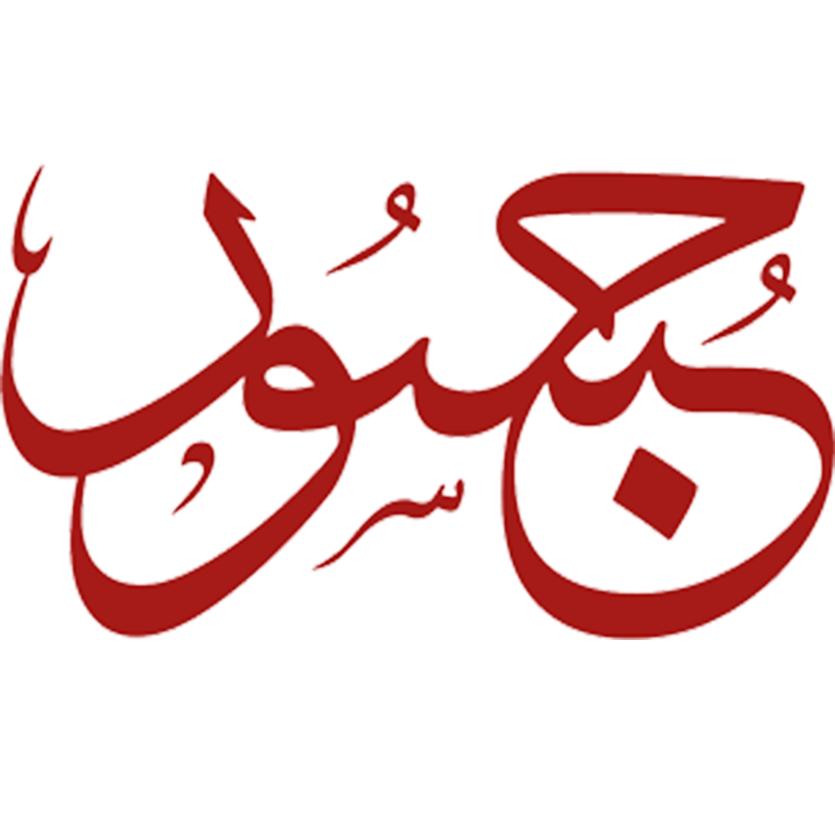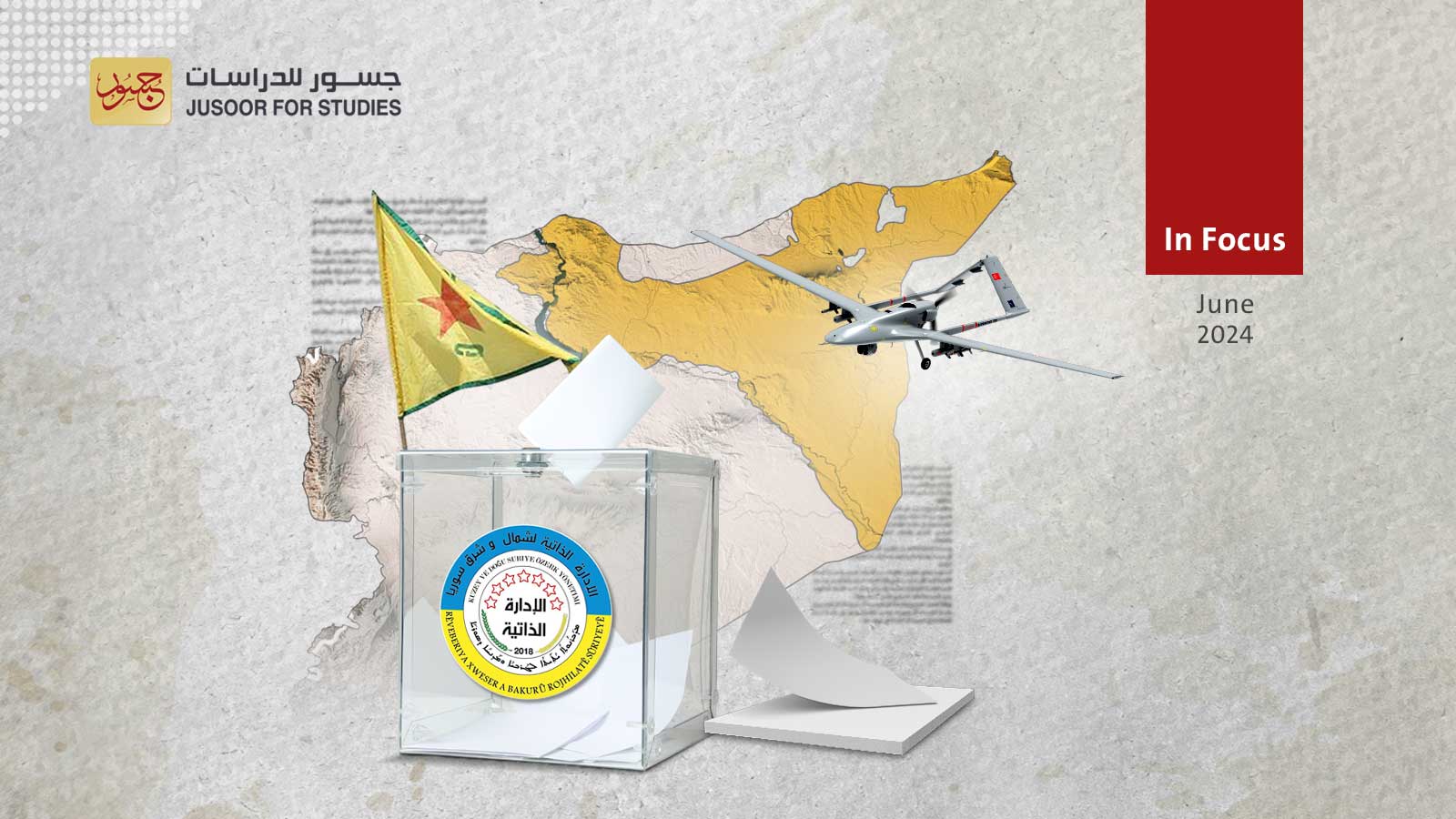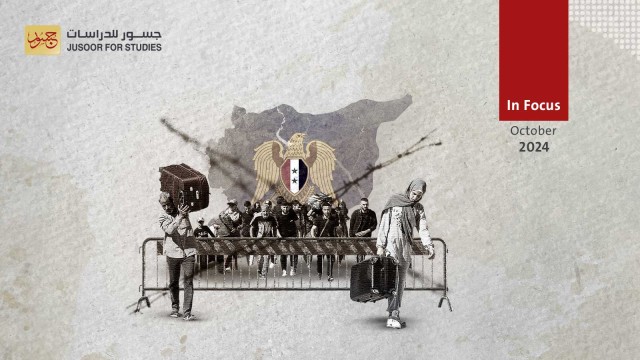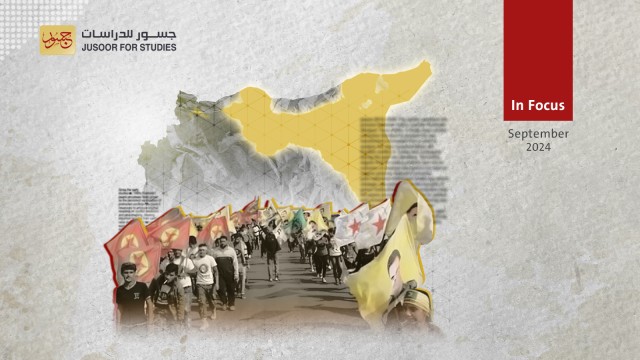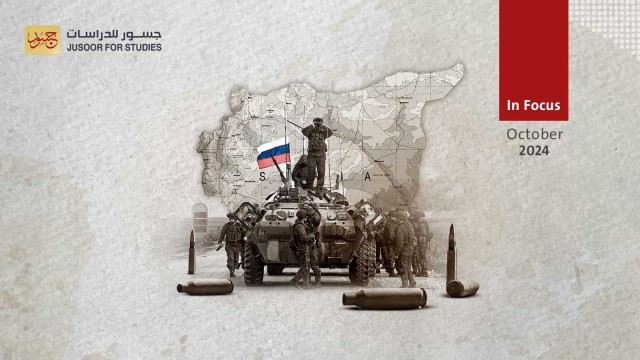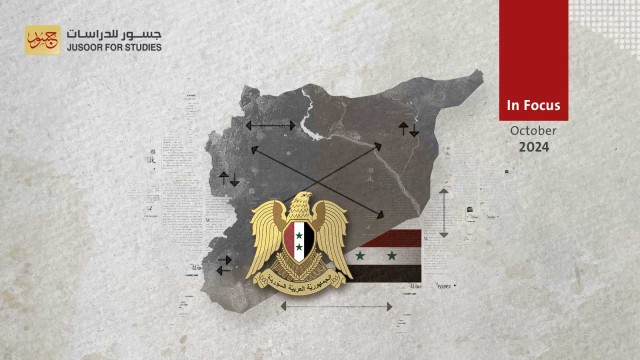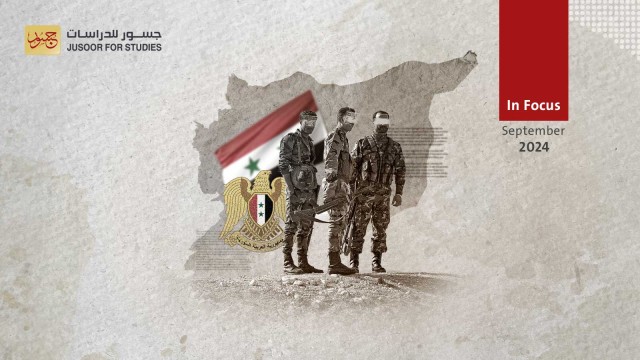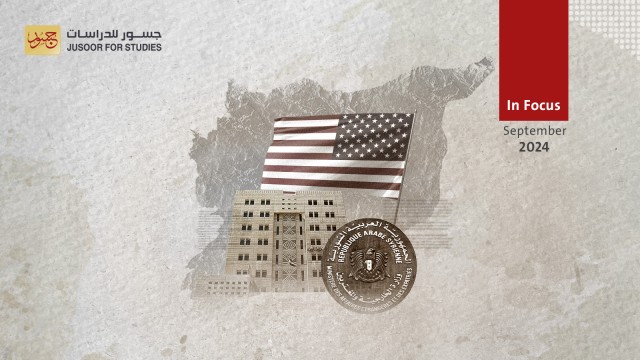Under Pressure, Autonomous Region Postpones Elections - Again
The electoral commission of the autonomous region in northeastern Syria has postponed municipal elections a second time. Originally set for May 30 then pushed back to June 11, they are now due to take place in August. The announcement follows a series of smaller legal and legislative measures by the ruling Democratic Union Party (PYD) over recent months, most notably the approval of a new “social contract” in the areas under its control and a law on the region’s administrative divisions. All were taken without any serious consultation with other political parties and forces in the region.
The pretext for postponing the polls—both times—was that not enough time had been allocated for campaigning. However, the move came as the administration struggled to secure domestic or international political backing for the elections. The United States has objected to the polls, arguing that the conditions in northern and eastern Syria were not ripe. Local political forces including the Kurdish National Council, the Kurdish Independents’ Association, the National Coordination Authority, the Syrian regime and the Syrian Opposition Coalition (Etilaf) have all either rejected the elections or announced that they would boycott them.
A military escalation by Türkiye has also placed intense pressure on the PYD-led authorities to postpone the elections. Ankara markedly stepped up its air strikes in May against targets linked to the Kurdistan Workers’ Party (PKK) and its affiliates, carrying out five drone strikes, the highest monthly rate this year apart from a two-day operation in mid-January. The May strikes hit targets including vehicles and positions belonging to the Syrian Democratic Forces (SDF) and the administration’s Asayish domestic security forces, as well as oil and gas facilities.
The postponement of the elections for a second time was not unexpected. The PYD pushed the leadership of the Syrian Revolutionary Youth Movement to postpone, until further notice, its fourth annual conference scheduled for June 1, citing Türkiye’s offensive and the possibility it might target the conference. The movement has long been in Türkiye’s crosshairs, and its annual conference is sometimes attended by the Commander-in-Chief of the SDF, Mazloum Abdi.
It is clear that the PYD decided to postpone the elections because it wanted to avoid taking steps whose potential costs it could not bear, especially those imposed by Türkiye, which was likely prepared for a further escalation. It does however appear to have been caught off guard by the U.S. rejection, given that Washington had not opposed similar measures in the past, most notably the Autonomous Administration’s unilateral issuance of social contract—something akin to a constitution—in mid-December 2023.
All this means that the Autonomous Administration is unlikely to hold municipal elections on their new date either, at least in the absence of political support for such a step. The PYD is therefore likely to seek out such cover over the next two months. It could do so through negotiations with Washington, possibly leading to renewed Kurdish-Kurdish dialogue, as the issue of municipal and local elections is one of its most important axes.
On the other hand, it may seek such cover through talks with Russia and the Syrian regime, especially as the PYD has been making persistent efforts of late to launch a new round of negotiations with the regime. Damascus, in turn, is preparing for elections to its People’s Assembly on July 15. This presents an opportunity the PYD may seek to exploit to win regime or Russian acceptance or support of its own elections, in exchange for it allowing People’s Assembly elections to take place in the autonomous areas.
Whichever course of negotiations it chooses to embark upon, the PYD may be forced to amend its election law or retreat from other legislative and legal steps has taken in recent months. Türkiye is also likely to continue its military escalation in northeastern Syria, to demonstrate that it is serious about keeping up the pressure on the PYD and preventing it from holding municipal elections—or providing the security needed to do so.
